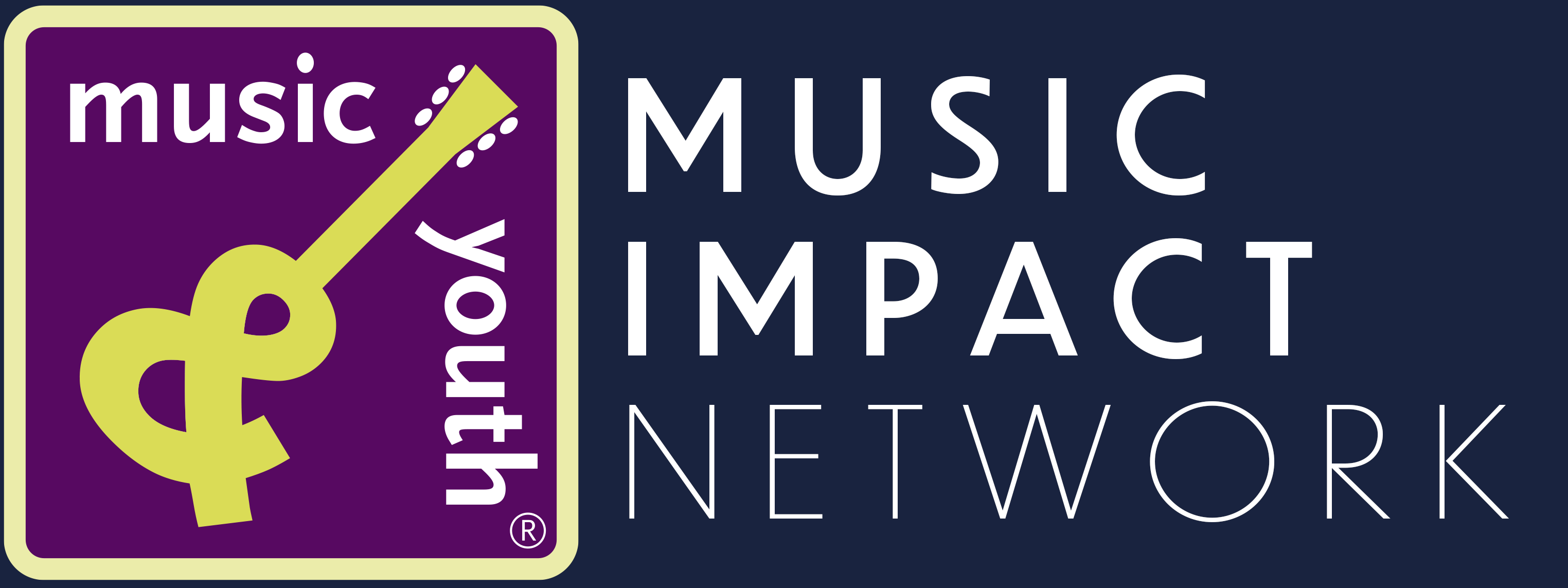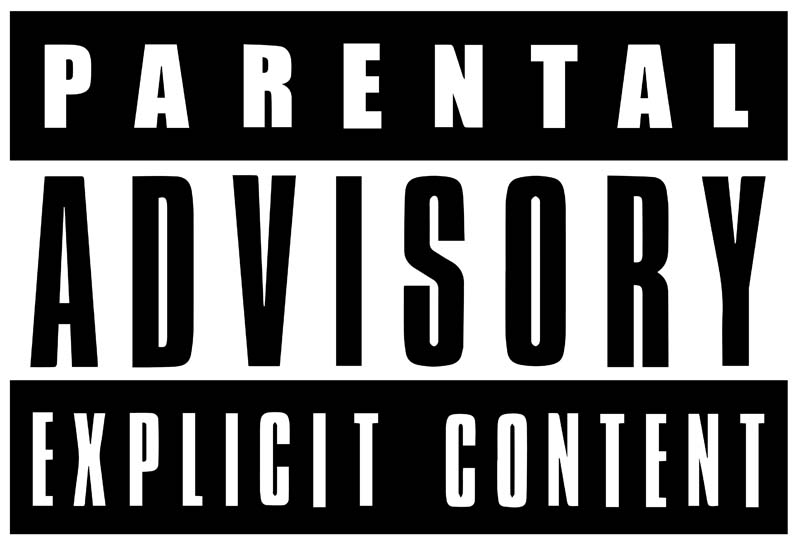Five ways to clean up inappropriate language that you’ll swear by!
It’s natural for participants to want to imitate the music they listen to when they first start out recording or performing. In the context of a youth development music program however, the language and content of these songs aren’t always appropriate. This resource provides several approaches to encourage participants to expand their vocabulary and develop opportunities for growth and maturity including knowing your audience, assigning professional studio roles, rewriting lyrics, “three strikes” rule.
Read More Example #1 – Know Your Audience Example #2 – Assigning Professional Studio Roles “I talk to my students about knowing your audience and the value you get for being flexible. Most times my rappers just want to swear for shock value and because it’s easier than writing how you feel. I just take the time to have a conversation with them and explain the most versatile artists get more gigs, radio play, opportunities and at the end of the day… more dollars!” – Submitted by Corey DePina, Zumix “Younger participants sit-in on sessions with my older teens who are assigned traditional studio roles to make our studio feel more professional. They’re responsible, trusted and naturally influence younger participants and teach them our rules and if not, I can always step in when there’s inappropriate content. I use this as a teachable moment to have open conversations and help create mindfulness.” – Submitted by Javier Lozada, Malden YMCA Page 1 of 3
To download a full, editable version

